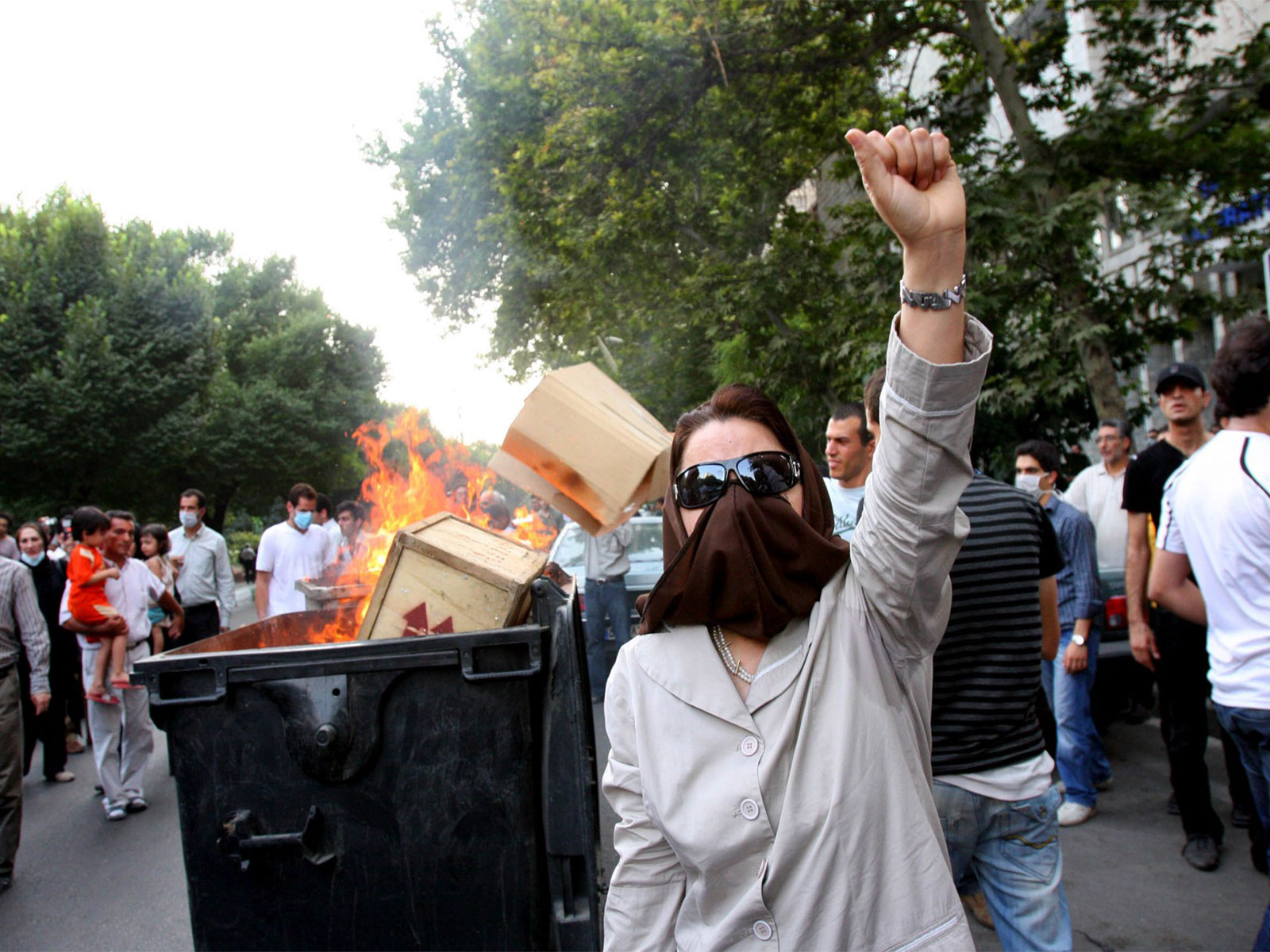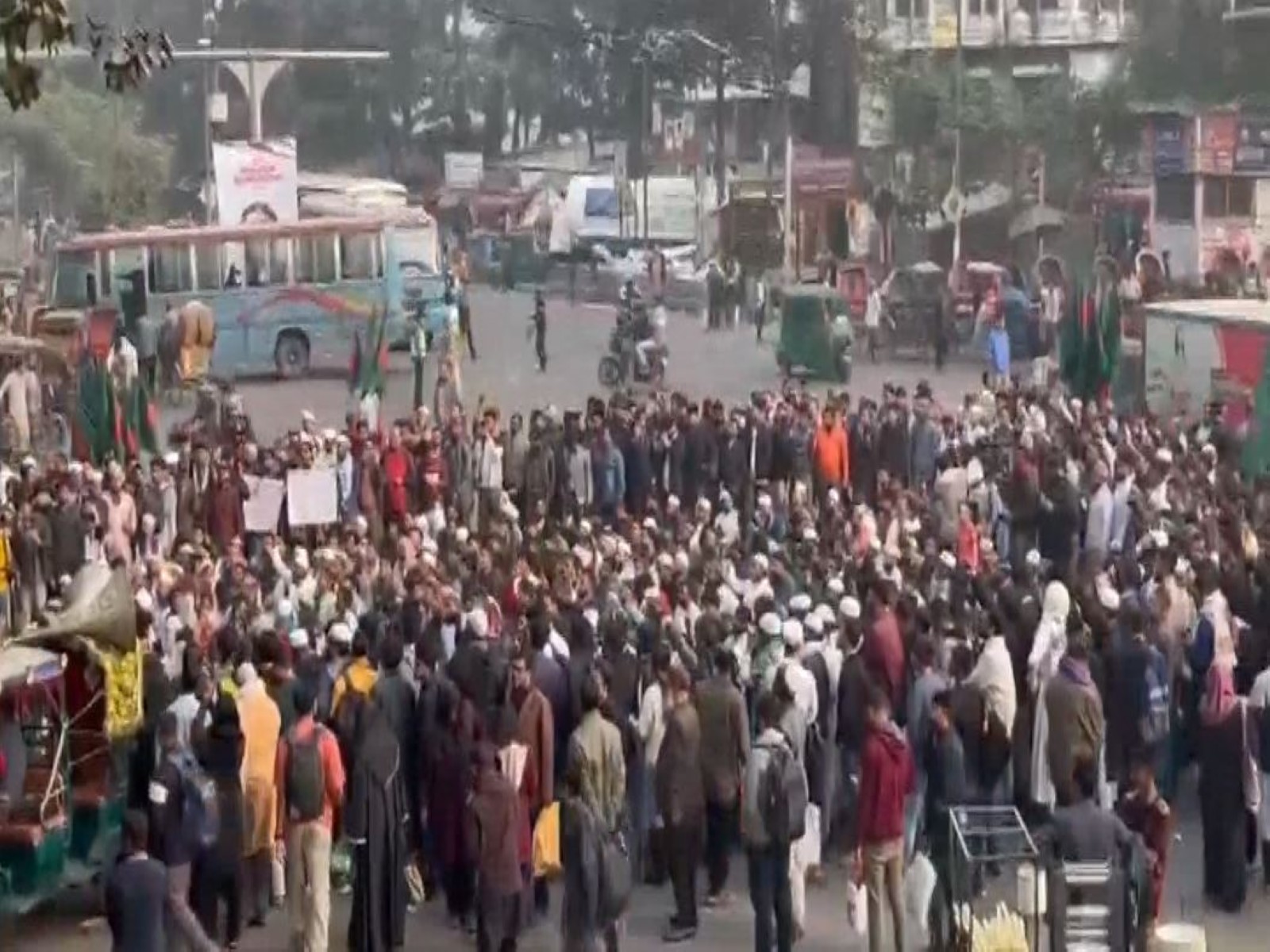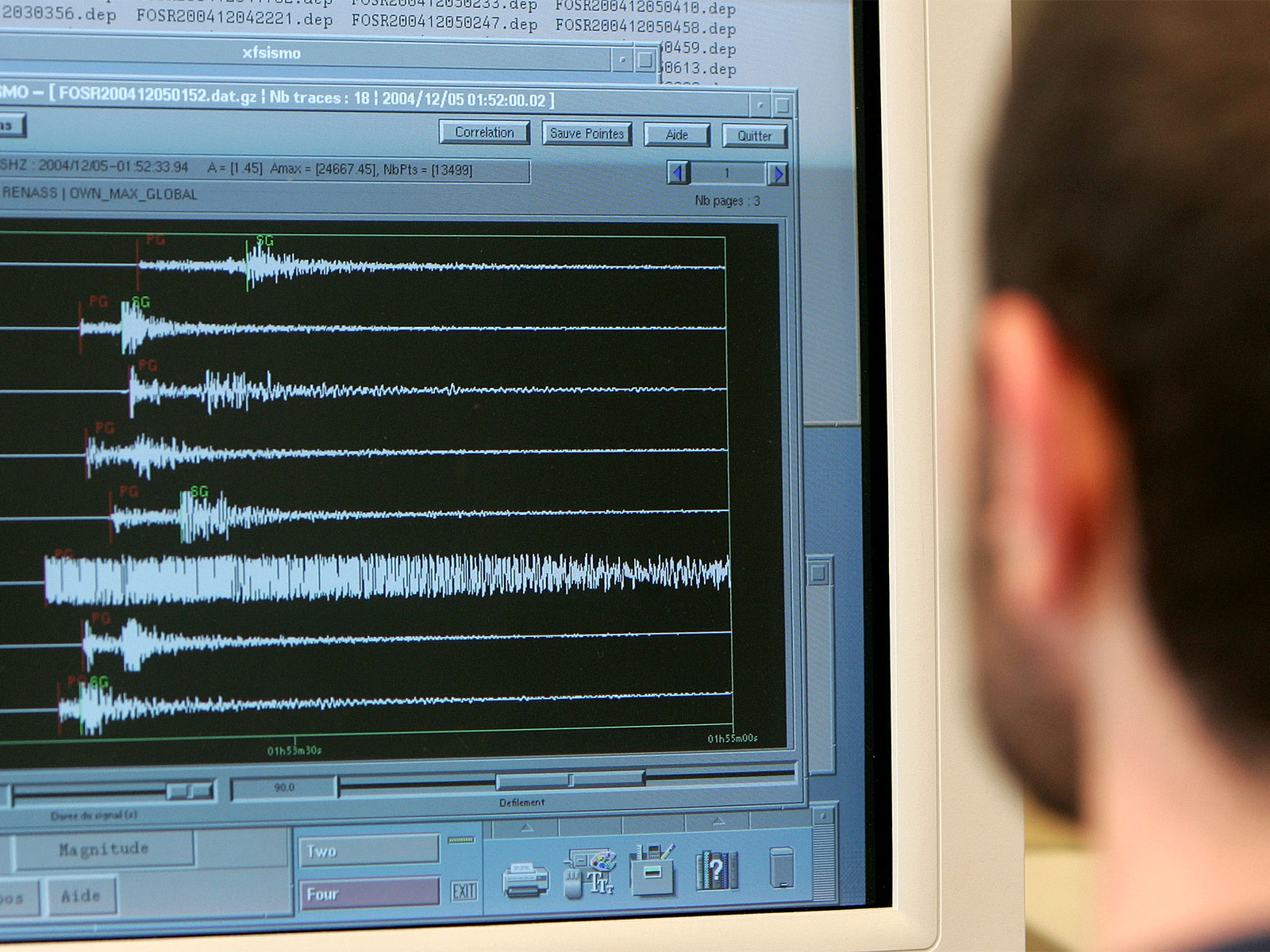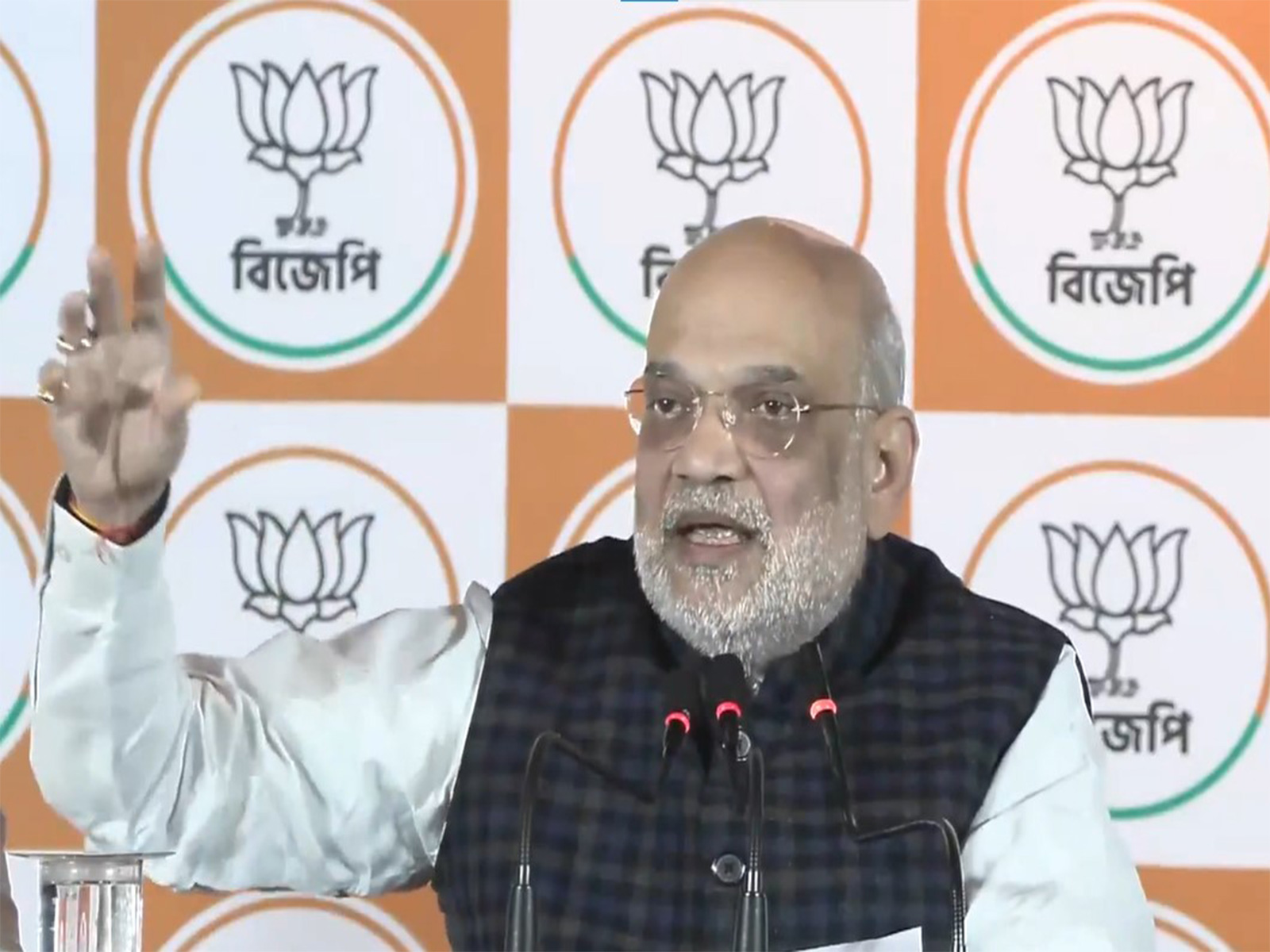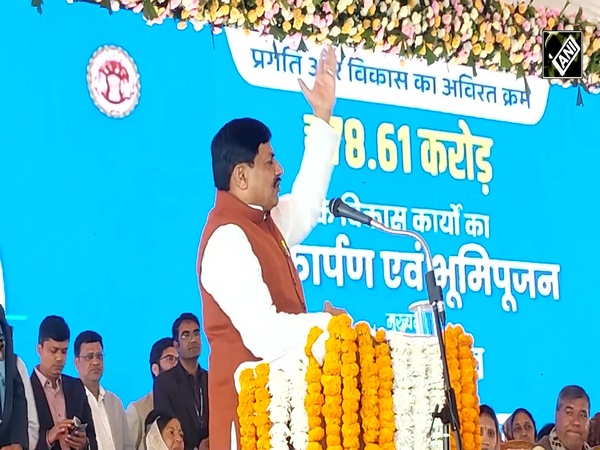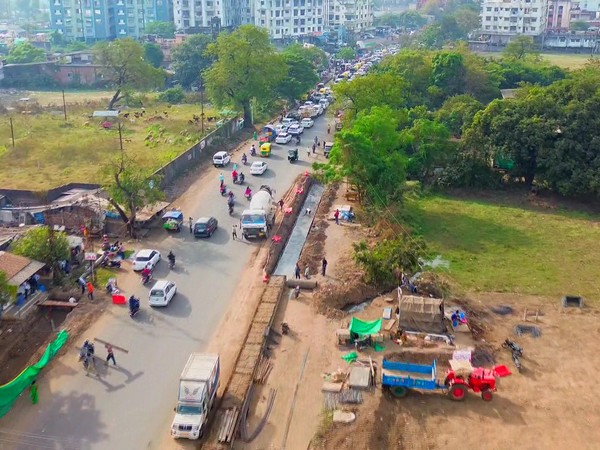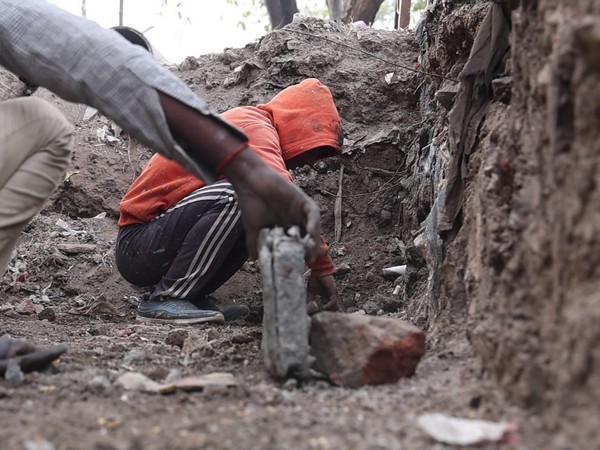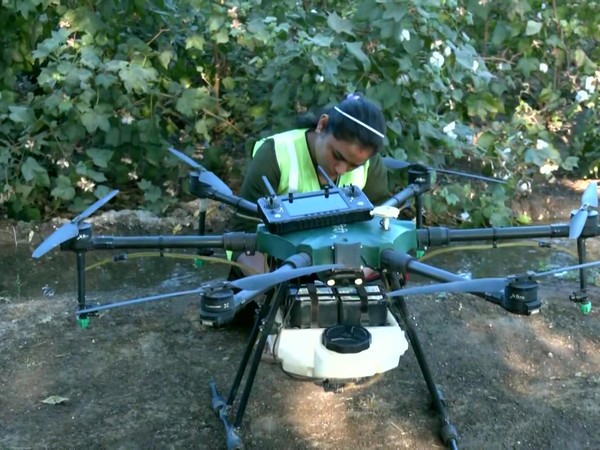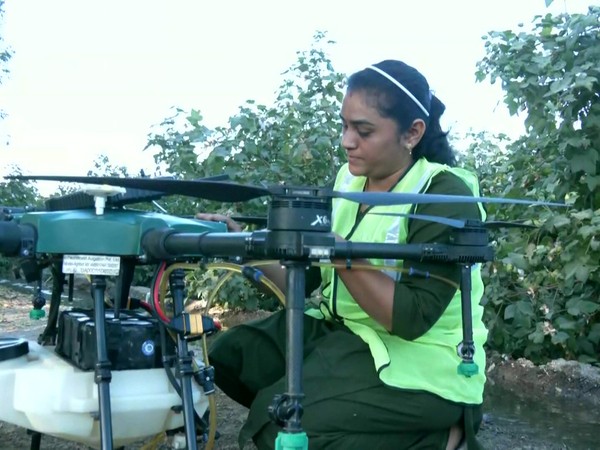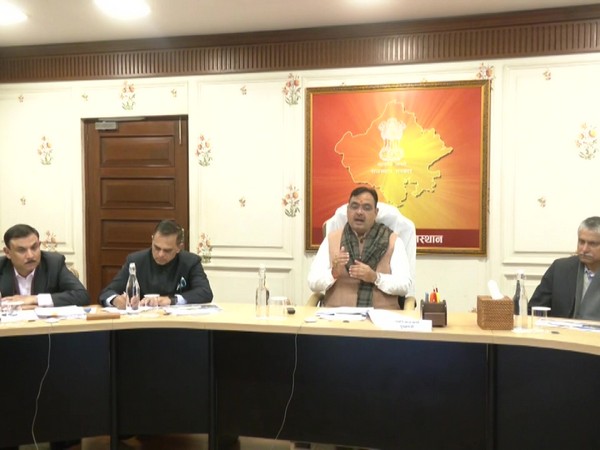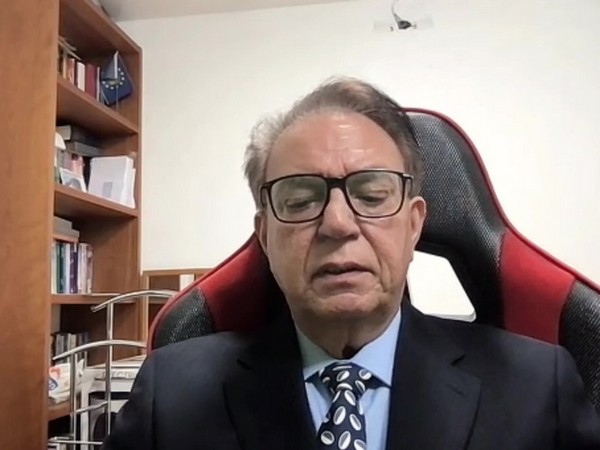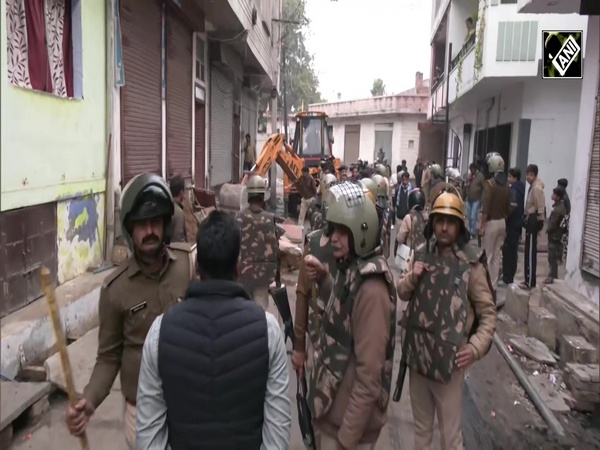Year Ender 2023: How Hamas attack diminishes chances of resolution to Israel-Palestine conflict
Dec 24, 2023

Tel Aviv [Israel], December 24 : The decades old Israel-Palestine issue has been a matter that has kept the world divided at large. Although almost all major nations have advocated for a two-state solution, it was never other than the Oslo Accords (1993), that the two parties ever came close to any agreement.
The ongoing Israel-Hamas conflict has considerably dimmed prospects for a near-future resolution between Israel and Palestine as Israel Prime Minister Benjamin Netanyahu said, "I won't allow 'Hamastan' to turn into 'Fatahstan' even if this is the wish of Israel's staunchest ally".
Twenty years after Oslo Accord, Hamas launched an attack on October 7, 2023 on Israel and IDF replied it by a strong counteroffensive and bombardment of Gaza. The manner in which this Israel-Hamas war is progressing, it has pushed the chances of the two sides reaching an agreement in any foreseeable future.
October 7 attacks
It was the Jewish festival of Sukkot. The whole of Israel was having a sound sleep when over 2000 Hamas terrorists breached the borders and started a brutal massacre, killing and raping innocent civilians. Emerging videos showed extremely horrific visuals from Israel. More than 1200 people including some foreigners, were killed and over 240 people were held as hostages by Hamas.
After the attacks, Netanyahu in a strong statement said that the country is at 'war' with the "enemy" and will come out victorious. He also vowed to turn all Hamas outfits in Gaza into "rubble".
"All of the places which Hamas is deployed, hiding and operating in, that wicked city, we will turn them into rubble," he said in a statement.
The October 7 attack came as a severe blow to the robust Israeli intelligence and security system. In response, Israel launched a strong counteroffensive against the Hamas terror units in Gaza.
Countries including India, condemned the attack and expressed full support and solidarity with Israel. However, with time as Israeli attacks and bombardments led to mounting civilian death toll and visuals showing the deplorable humanitarian condition in Gaza, Tel Aviv has also received global criticism. According to the Gaza health ministry, over 20,000 people including 8000 children have been killed in Gaza in Israeli strikes.
In the month of December, in a truce brokered by Qatar, Israel and Hamas reached an agreement for a pause in fighting, alongside the release in which over 100 hostages (both Israeli and foreign nationals) were released from Hamas captivity. Israel also released around 240 Palestinian prisoners including children during the deal, CNN reported.
However, the deal was short-lived, and subsequent accusations of truce violations prolonged the conflict, with around 130 hostages still in Hamas captivity, while the US and other countries continue to manage another hostage deal.
Timing of the attack
There have been many speculations regarding Hamas choosing this particular time for attacking Israel. Israel has throughout maintained that there was an "Iranian hand" behind the attack. It has also accused Tehran of pumping billions of dollars to continue the "terror machine" of Hamas. According to Tel Aviv, and as also pointed out by several experts, both Hamas and Iran were irked by Israel's growing acceptance by the Arab world.
"And the real umpire of evil here starts in Tehran and spreads Islamic fundamentalism of the worst kind to the entire region," Israel President Herzog told ANI in November.
Earlier in March, China brokered a deal between Iran and Saudi Arabia -- two arch-rivals -- which was considered a major breakthrough after seven years of severed diplomatic relations. The two countries agreed to reestablish diplomatic ties after seven years of hostility, CNN reported.
In another breakthrough, Israel and Saudi Arabia were close to reaching an agreement, CNN reported. Saudi Crown Prince Mohammed bin Salman said that his country was moving steadily in the direction of normalizing relations with Israel, the latter of which was also eager for the same.
In another development, the India-Middle East-Europe Economic Corridor (IMEC) that was announced during the sidelines of the G20 Summit in India was seen as a major inclusive moment of Israel with the Arab world.
Israel has alleged that it was because of this, that Iran and Hamas both wanted to derail the process.
"But somebody decided they wanted to derail this effort of inclusion of Israel and this huge peace vision of President Biden...this empire of evil Iran, who is working extra hours to undermine any inclusion of Israel in the region and any peace process," Herzog said.
Oslo Accords
It is considered that during Oslo Accords in 1993 was the moment when the Israel-Palestinian conflict neared a solution. The two sides agreed to a "declaration of principles," known as the Oslo Accord, which set the terms for further peace negotiations, with the promise of a permanent resolution within five years, the New York Times reported.
As per the treaty brokered by then-Israeli PM Yitzhak Rabin and Palestinian Liberation Organisation (PLO) chief Yasser Arafat, both Israel and PLO finally recognised each other. It also called defined areas under control of Israel, Palestine and some under joint control till further negotiations.
However, this deal suffered a massive setback after PM Rabin was assassinated by extremists who were outraged over this deal.
Prime Minister Netanyahu, who is also leading the country now has throughout been a staunch opposer of the Oslo Accords and any settlement with Palestinian state. Netanyahu has also said that he is indeed "proud" of preventing the Palestinian state, Times of Israel reported.
Over the years, Israeli settlements have increased in the West Bank further worsening the conflict.
Future of Gaza and Israel-Palestine conflict
As the war has continued to ravage, a question has been pondered continuously regarding who will be governing Gaza once this war ends. While, the US and President Joe Biden himself, have multiple times said that Gaza will come under PLO control, Israel has not agreed. Publicly differing from Washington's stand, Israel and PM Netanyahu have throughout said that PLO "can't be trusted" and Gaza will be controlled by the Israel Defense Forces (IDF) after the war.
"I said there will be demilitarisation. I said the IDF will be responsible for security in the Gaza Strip because there is no other factor that will ensure the fight against terrorism. And I can tell you that there will be a civil government that does not educate its children to destroy Israel," Netanyahu said in a briefing last week.
Referring to the US, he added, "I won't allow 'Hamastan' to turn into 'Fatahstan' even if this is the wish of Israel's staunchest ally".
"I inherited the Oslo Accords...I'm proud that I prevented the establishment of a Palestinian state because today everybody understands what that Palestine state could have been, now that we've seen the little Palestinian state in Gaza," Times of Israel quoted him as saying.
The strong remarks by Netanyahu have made sure that any settlement between Israel and Palestine in line with the Oslo Accords is not on Tel Aviv's cards at least in the near future.
These attacks have left a strong scar on Israel making it further insecure of having a Palestinian state nearby. A survey showed that 82 per cent of people in the PLO-controlled West Bank supported the October 7 attacks. There have been many reports showing how Palestinian youth are getting more radicalised against Israel.
Such trends further worsen the prospects of the two sides reaching any agreement in the near future. But, while Israel and the PLO or Hamas continue to be at loggerheads, it is the innocent civilians of both sides, whose future actually lies in grave uncertainty amid the continuous conflict.
